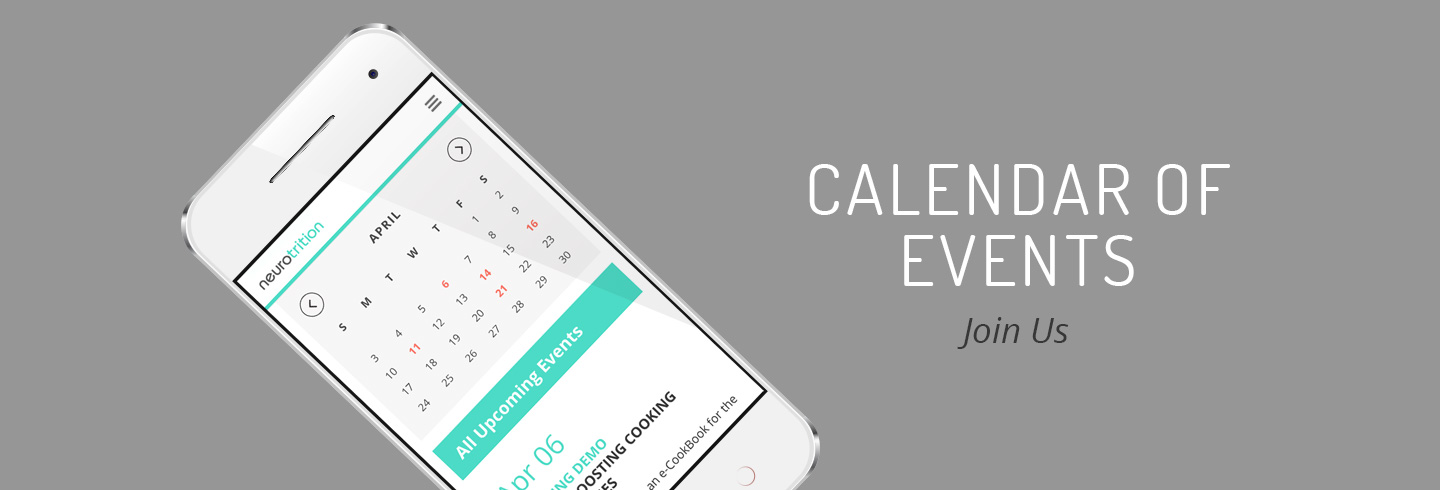Gift Guide: Top 5 Brain Science Books

Are you looking to give that neuro-nerd in your life the perfect gift? Or maybe your inner neuro-nerd is finally surfacing, and you want to learn more about the brain and all it’s incredible intricacies in controlling how we think, feel and act? Or maybe you’re not a neuro-nerd (not at all, not you!) but want to gain a new, brain-based perspective on a mainstream topic like stress, addiction or the gut?
I’ve read a LOT of neuroscience-based books over the years (obvi!) and sometimes I literally devour a book and can’t put it down, and other times, well, the book was just bad. So, I’ve compiled a list of my top 5 brain science books – perfect gifts for your loved ones, or a perfect gift for yourself (hey, you deserve it!).
FIRST, WHAT MAKES A GOOD BRAIN SCIENCE BOOK?
Well, in my opinion, it takes a few things to make a good neuroscience communication book (a.k.a. “neuro sci comm”). What the heck is “neuro sci comm” you might ask (and why would you want to read something that sounds this dry??). Well, science communication is the technical term for translating science research into understandable, real life knowledge for people. We call it “Sci Comm” for short – and it’s NOT dry, not if it’s done well! And “neuro” or neuroscience is just the technical term for brain science.
So, what the heck makes a thought-provoking, poignant, engaging read in this area? There are three ingredients.
1. Be Rooted In Science
Please, please, if you’re going to write a neuro-based book, have a solid grasp on the neuroscience research to date in the specific area you’re writing about. Be evidence-based, science-driven, and only speak as far as what the science is telling us. And, ideally, be an expert if not THE expert in this area.
2. Communicate The Science WELL
This part is KEY. It’s hard to do, and not many people do it well. That is, taking the latest and greatest data, and transforming it into an accessible, approachable, life-changing read. When I’m reading sci comm I don’t want a literal summary of the research papers, I want an easy-to-digest, engaging, though-provoking overview with key take-aways.
3. Tell A Story
We all love stories, and when there is real life relevance with real life people, I think a neuro sci comm book reaches its pinnacle of success. We want to relate to what we’re reading, even if that is brain science, so the authors’ experiences, whether their own or with others, is so so important.
MY TOP 5 BRAIN SCIENCE BOOKS
1. The Psychobiotic Revolution: Mood, Food, and the New Science of the Gut-Brain Connection
by Scott C. Anderson, John F. Cryan, Ph.D, & Ted Dinan, M.D, Ph.D
This is a brand spanking new book that just hit shelves in time for Christmas and it is, in my opinion, the best gut book on the market to date. The word “psychobiotic” refers to targeting the brain by targeting the microbiome (a.k.a. gut bugs), and it really represents a though-provoking concept that makes for a really awesome read and discussion topic.
2. Why Zebras Don’t Get Ulcers
by Robert M. Sapolsky, Ph.D
This is the book to read on the neural underpinnings of stress, why we, in our modern lives, are so sick from stress-related diseases, and how we can begin to cope. It is so, SO well written, by a leading neuroscientist specializing in stress. I find myself referring back to it and using excerpts from it in my own teachings on stress. I also highly recommend Dr. Sapolsky’s other books - but start with this one.
3. The Man Who Mistook His Wife For A Hat & Other Clinical Tales
by Oliver Sacks, M.D.
This book offers insight into a range of conditions as Dr. Sacks, a neurologist, discusses some of his patients (the title comes from a man who suffered from something called visual agnosia, and this really happens!). It is an amazing account of real-life story telling where people’s experiences are directly mapped onto the brain and what happens when something goes wrong with it. His other books are all great too but for your first read, my pick is this book.
4. In The Realm Of Hungry Ghosts
by Gabor Maté M.D.
Dr. Maté is a medical doctor working in the downtown Eastside of Vancouver BC, who specializes in addiction. And boy does he have a way with words (I mean, look at this book title alone!) He discusses brain biology and chemistry (yep, neurotransmitters for us nerds) in such a human way and shares stories of people and families broken by addiction. You will honestly forget you’re reading a neuro book. All his books are amazing, but this is your go-to for addiction neuro sci comm.
5. Brain On Fire: My Month Of Madness
by Susannah Cahalan
AND
My Stroke Of Insight
by Jill Bolte Taylor, Ph.D
Ok, my fifth pick was a tie that I wasn’t able to break. Both are autobiographies, for those that want a bona fide story born out of something going wrong with the brain. Brain On Fire is the story of a young woman (who writes for the New York Post, so you just know she’s going to be amazing with words) who developed a serious autoimmune brain condition that threw her into the depths of psychosis. My Stroke Of Insight is the incredibly eloquent recount by a neuroscientist of experiencing her own stroke and putting the pieces of her mind back together after it. These books are both awesome reads, and both women’s stories will stick with you long after you’ve put the books down.
It is such a joy for me to get people turned onto the brain, and onto brain science, so I truly hope you, or that neuro-nerd in your life, enjoy these books! Please let me know what you think of my book selects by posting on social media - and don’t forget to tag us @neurotrition so I can see what you think (and give you follow-up suggestions)!










